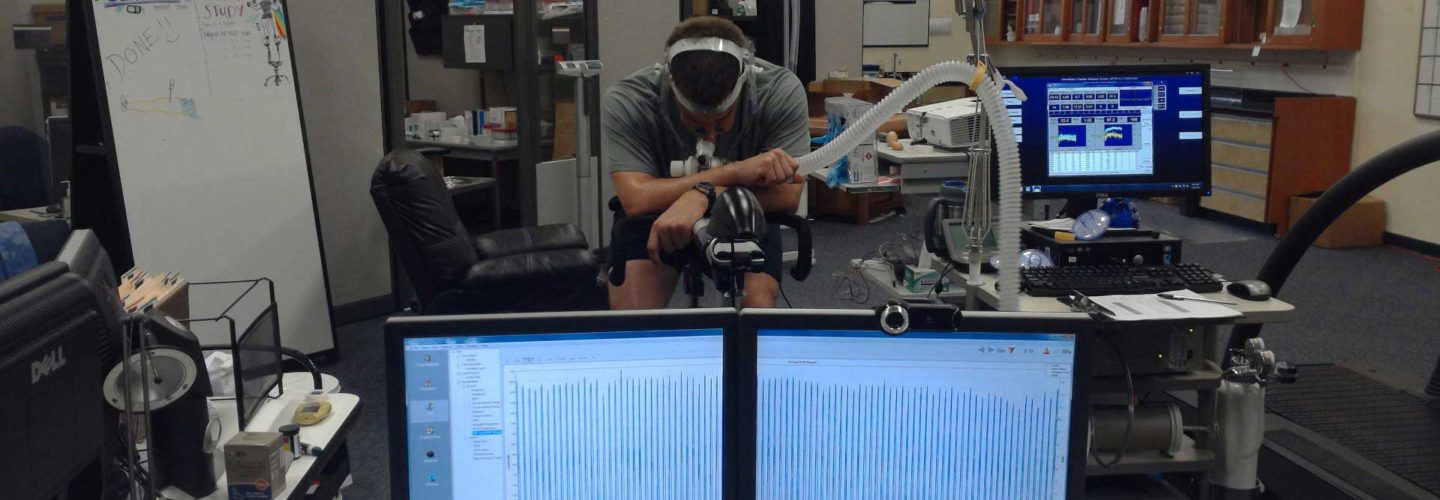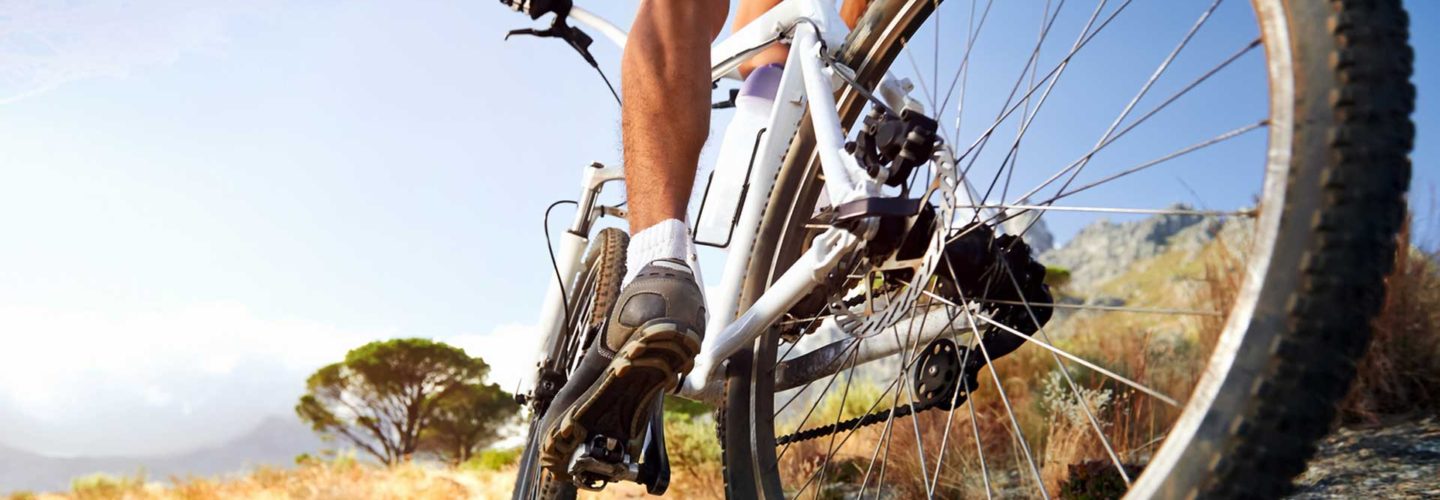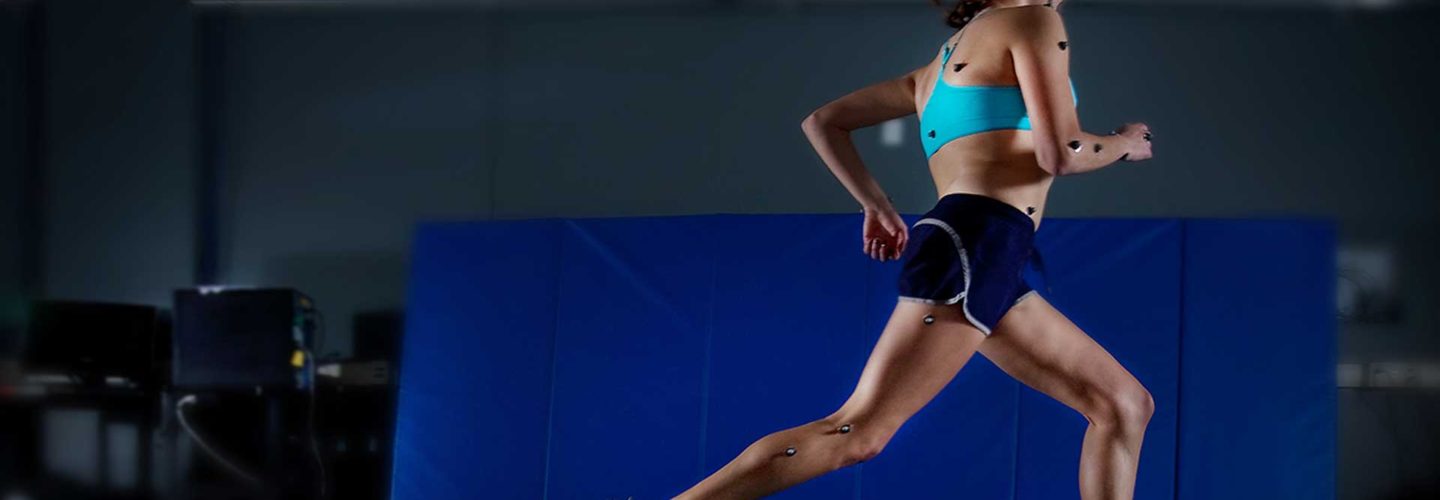Projects
The research program is conducted across key life stages (children, youth, adults, older adults) transitions, and across population health settings. The unique body of knowledge development, and our research translation initiatives will add novel foundations to guidelines, practice, and policy for chronic disease prevention, active healthy aging and sports performance. Therefore, the general objectives of the strategic research program are the following:
- To generate new knowledge on physical activity (PA), sedentary behavior (SB), and breaking-up SB leading to a better understanding of how these behaviors may influence disease prevention, health, wellbeing, and performance.
- To generate new knowledge on motivation, attitudes, values, responses, adaptations, development, performance and health-related aspects of persons engaged in physical activity and sports.
- To identify underlying physiological and biomechanical mechanisms and dose-response relationships with risk markers for chronic disease risk.
- To develop innovative physiological and biomechanical measurement and simulation tools to describe and assess physiological features and movement of the human body and its segments.
- To identify and evaluate self-regulation and motivational processes underlying volitional PA, (decreased) SB, and healthy eating.
- To translate research outcomes into health policy and practice with individual tailored and community settings approaches.
- To empower inter-disciplinary research resources and built advanced research capacities among young and middle-career investigators.
The current research program is focused on producing science with international impact and with social innovation that may influence people across life stages for adopting healthier lifestyles. A special emphasis considers the adjustment of the research goals of all CIPER groups to empower team’s strengths and synergies, and exploit research opportunities coming from the four research groups: BIOLAD, Healthy Weight, Neuromechanics and Self-Regulation.








